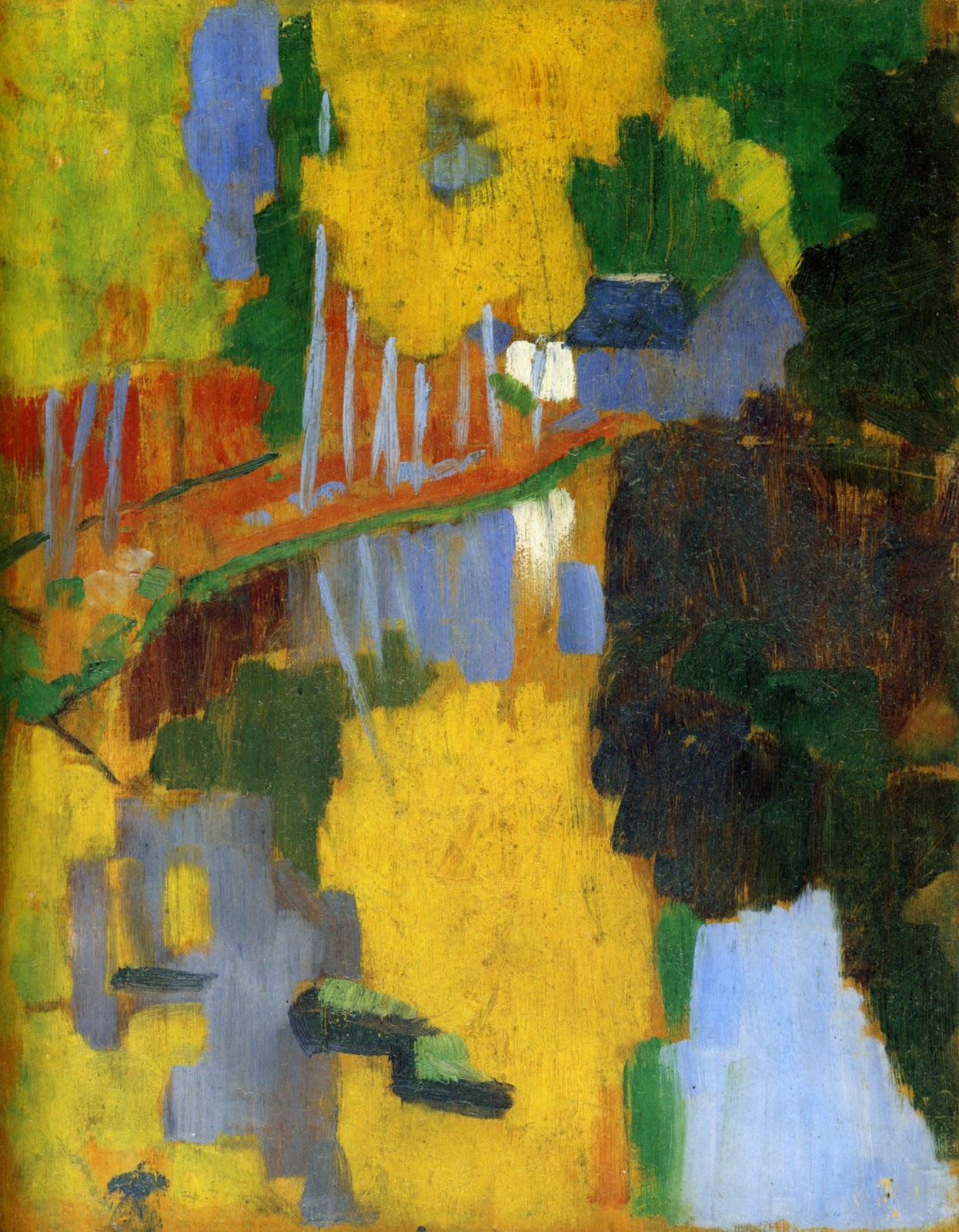Surrealism originated in the late 1910s and early '20s as a literary movement that experimented with a new mode of expression called automatic writing, or automatism, which sought to release the unbridled imagination of the subconscious.
Officially consecrated in Paris in 1924 with the publication of the Manifesto of Surrealism by the poet and critic André Breton (1896-1966), Surrealism became an international intellectual and political movement.
Breton, a trained psychiatrist, along with French poets Louis Aragon (1897-1982), Paul Éluard (1895-1952) and Philippe Soupault (1897-1990), were influenced by the psychological theories and dream studies of Sigmund Freud (1856-1939) and the political ideas of Karl Marx (1818-1883).

.jpg)
.jpg)




.jpg)
.jpg)

